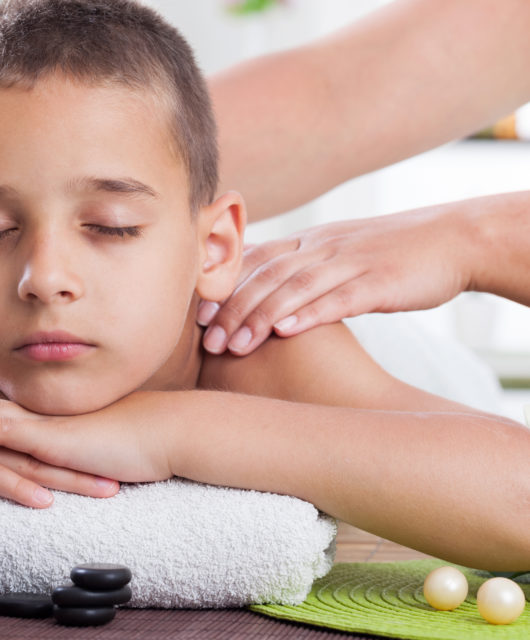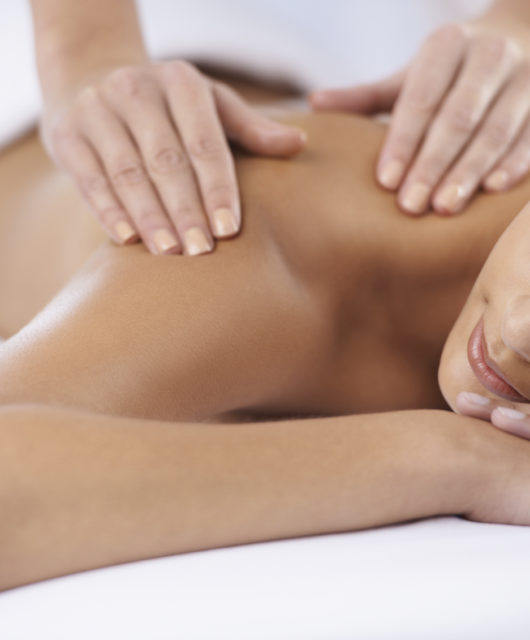Nowadays, we spend most of our time attached to our laptops and smartphones, either working or participating in so-called “social” media. When they were first developed, the technologies behind personal computers and the internet purported to “connect” us to one another, reducing feelings of isolation and loneliness. In reality, they have made us even more anxious, as we are now keenly attuned to the problems ailing even the farthest reaches of the globe. Although we may be able to communicate with friends and family members whenever we like, turning those relationships into online ones has limited their appeal. Turns out that when you are connected to literally everyone, you are actually connected to now one.
This has disastrous implications on our mental health and, in turn, our physical health. When we spend time mindlessly scrolling on the internet in search of the next dopamine hit, we are actually ratcheting up feelings of depression and self-loathing. In an age of universal instant gratification, nothing is gratifying. When you spend too much time online, life begins to lose its meaning. When it does, one of two things happen: Either you become despondent, letting other aspects of your life atrophy, or you attempt to sublimate meaning into things otherwise unrelated to you, such as politics or sports. In one instance, you become sad; in the other, you become angry. Neither is a good state of mind to constantly be in. Both of physical ramifications as well: One leads to torpor and sloth, the other to hypertension and high blood pressure. Each could lead to an early grave.
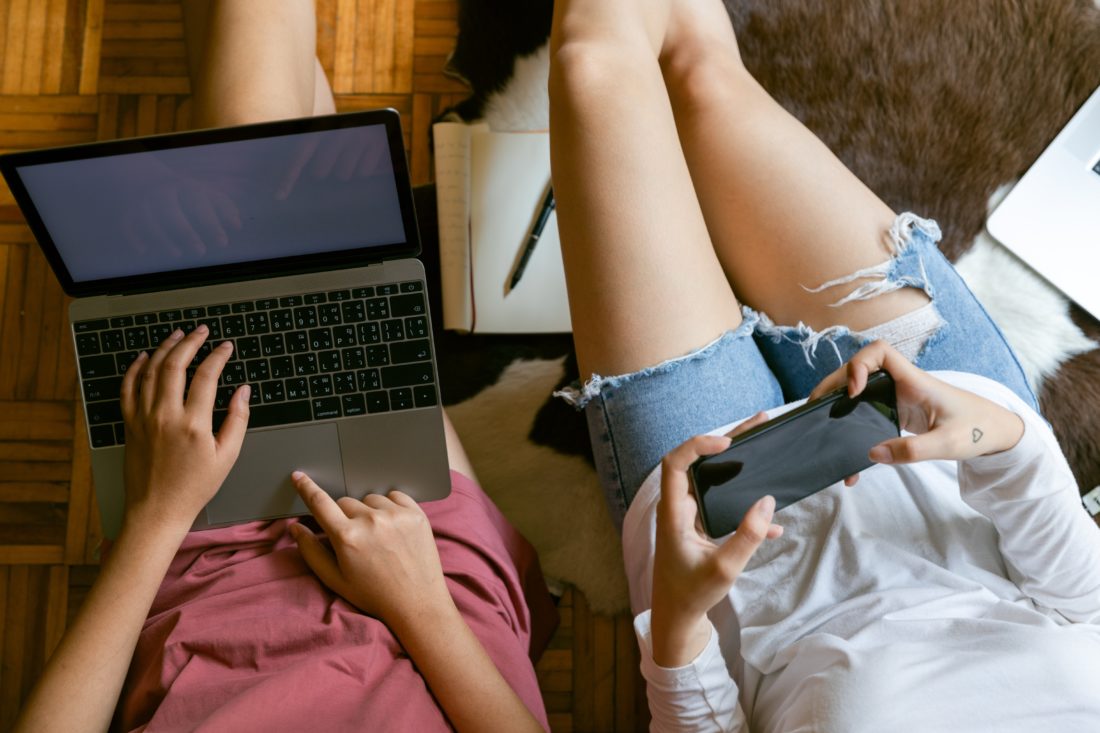
To battle these twin dangers, it is important at times to disconnect from the world around us. Setting aside “me time” does not make you an introvert or a misanthrope. On the contrary, it shows that you have a healthy regard for your own well-being. Spending time alone will also help you develop your self-control and establish yourself as an individual. Only then will you be equipped with the necessary mental and physical fortitude to positively interact with others and go about your day.
You might be asking yourself: What am I supposed to do with myself during this “me time”? Many of us have been so conditioned to the hubbub of distraction that even the thought of being alone makes us uncomfortable. If that describes you, then we have some suggestions for how to make the most of your time:
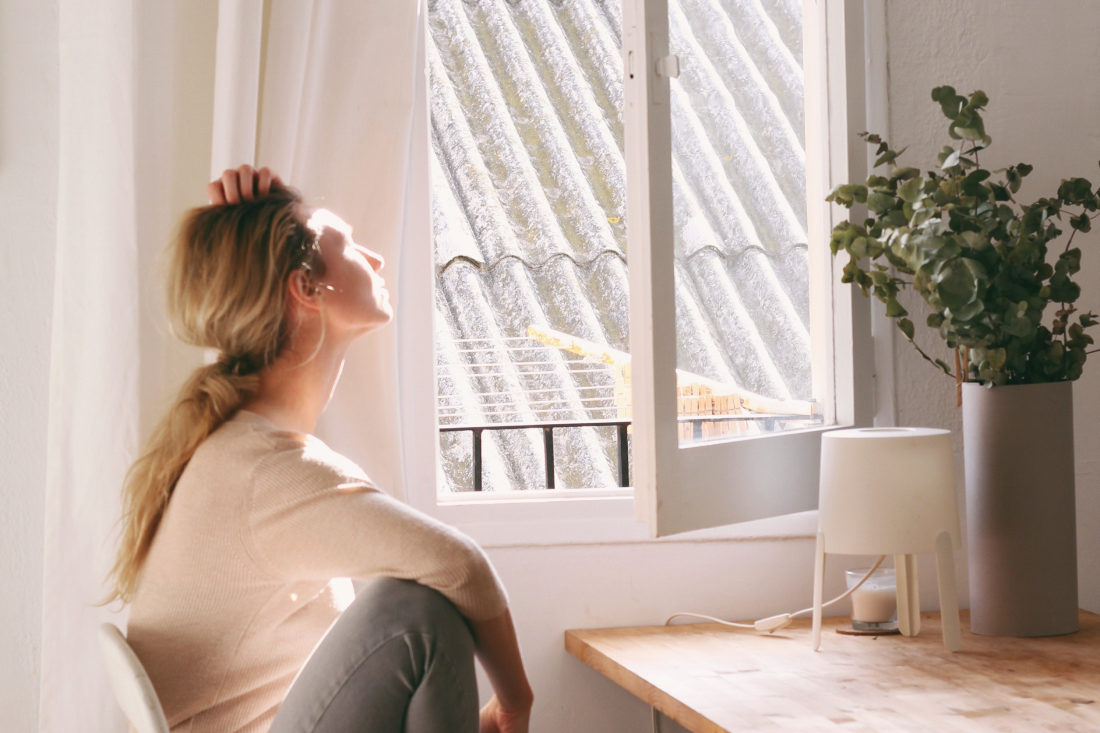
Look at the scenery outside your window
Contemplating nature is one of the quickest and easiest ways to clear your head. It also provides some perspective for your problems, which are inevitably minor in both size and scope when compared to the history of the world.

Read a book or your favorite magazine
Before the dawn of computers, reading was a common pastime and way of relaxation. Now, a quarter of Americans admit they haven’t read a book in the past year. Immersing yourself in a world of another’s creation can also help you forget about life for a while.

Take up a hobby
Hobbies are another relic of a bygone age. People used to collect items like stamps or baseball cards, or else find a creative outlet through painting or needlework. Finding a hobby that interests you will make it that much easier to log off social media.
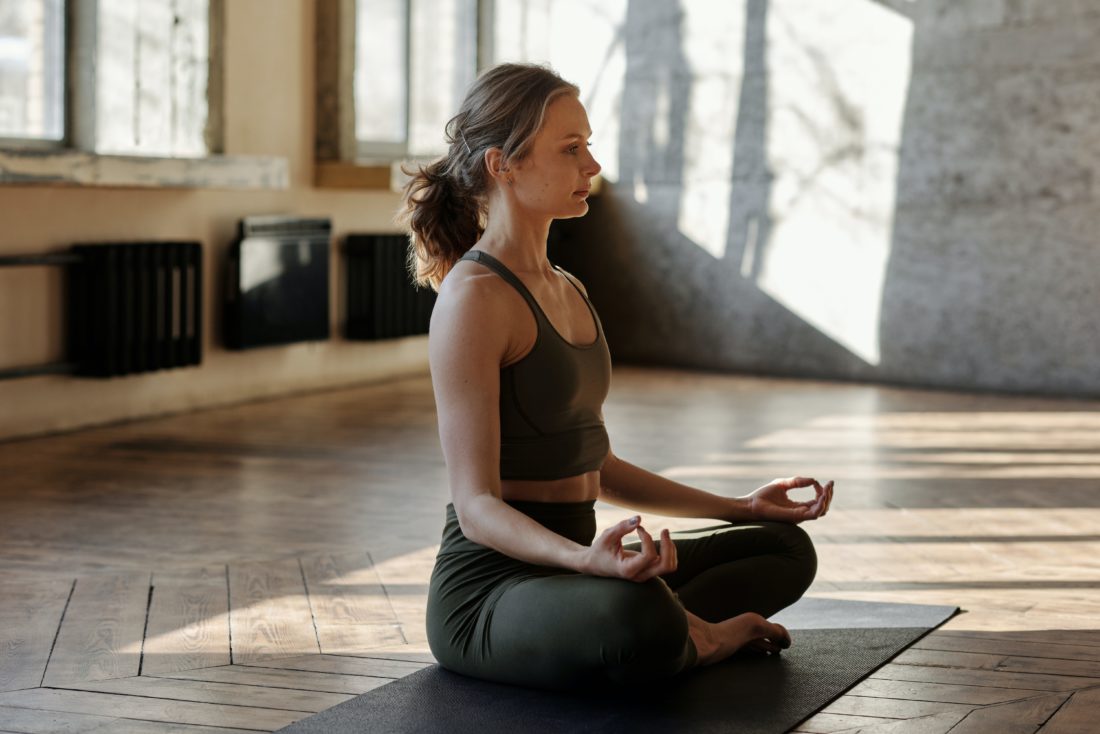
Take a nap or meditate
In some world cultures, it is not uncommon for people to take naps in the middle of the afternoon. This makes them rested and ready when they wake up to tackle the second half of the day. Resting your eyes and practicing mindfulness via meditation are both useful rejuvenation techniques.

Take a relaxing massage
Our favorite way to set aside “me time” is to relax with a 15 or 20-minute massage. Of these suggestions, this is the one sure to alleviate both mental and physical weariness, leading to a calmer demeanor and inner peace. Luckily, the technology now exists for you to benefit from massage on demand, using one of NAIPO’s innovative devices to find well-being.




